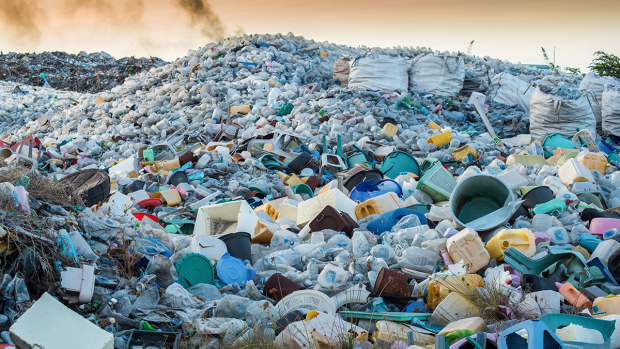Cutting-edge enzyme research fights back against plastic pollution

Since the 1950s, the surge in global plastic production has paralleled a concerning rise in plastic waste. In the United States alone, a staggering 35 million tons of plastic waste were generated in 2017, with only a fraction being recycled or combusted, leaving the majority to languish in landfills. Polyethylene terephthalate (PET), a key contributor to plastic waste, particularly from food packaging, poses significant environmental challenges due to its slow decomposition and pollution.
Efforts to tackle this issue have intensified, with researchers exploring innovative solutions such as harnessing the power of microorganisms and enzymes for PET degradation. However, existing enzymes often fall short in terms of efficiency, especially at temperatures conducive to industrial applications.
Enter cutinase, a promising enzyme known for its ability to break down PET effectively. Derived from organisms like Fusarium solani, cutinase has shown remarkable potential in degrading PET and other polymeric substrates. Recent breakthroughs include the discovery of leaf and branch compost cutinase (LCC), exhibiting unprecedented PET degradation rates at high temperatures, and IsPETase, which excels at lower temperatures.
In a recent study, researchers from NYU Tandon led by Jin Kim Montclare, Professor of Chemical and Biomolecular Engineering, presented a novel computational screening workflow utilizing advanced protocols to design variants of LCC with improved PET degradation capabilities similar to those in isPETase. By integrating computational modeling with biochemical assays, they have identified promising variants exhibiting increased hydrolysis behavior, even at moderate temperatures.
This study underscores the transformative potential of computational screening in enzyme redesign, offering new avenues for addressing plastic pollution. By incorporating insights from natural enzymes like IsPETase, researchers are paving the way for the development of highly efficient PET-hydrolyzing enzymes with significant implications for environmental sustainability.
Britton, D., Liu, C., Xiao, Y., Jia, S., Legocki, J., Kronenberg, J., & Montclare, J. K. (2024). Protein-engineered leaf and branch compost cutinase variants using computational screening and ispetase homology. Catalysis Today, 433, 114659. https://doi.org/10.1016/j.cattod.2024.114659





